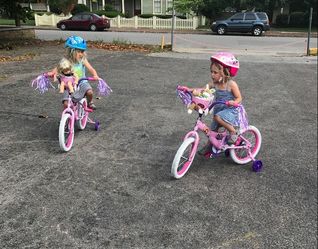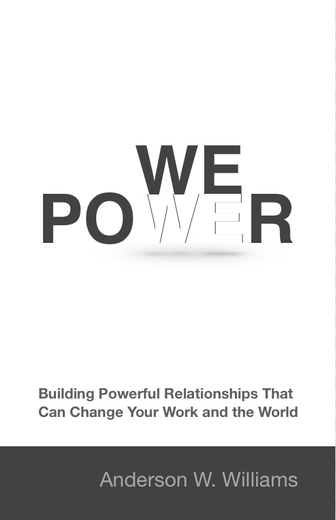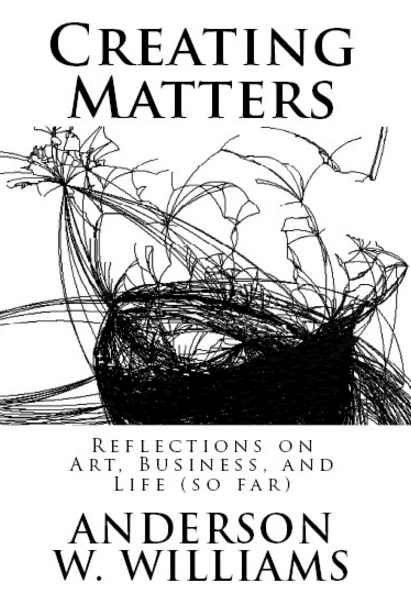|
0 Comments
I love the word why. It is the fuel of learning, the tool of curiosity. Why takes us on journeys and helps us explore things we don’t know or yet understand. It pushes us to find ourselves and develop our own views of the world around us, often, and most importantly, when others have stopped asking it for themselves. It is the key to our liberation.
But, like all things of this world, why has its limits; and if we don’t recognize this reality, why can turn on us. In the last two months, I have attended funerals for two friends and friends-of-friends, both my age, both died suddenly. One was diagnosed with cancer and died within a month, leaving behind two children. The other was murdered, also leaving behind two children. Before I had children, I could, in such situations, dive into an analytical hole, intellectualize my experiences and losses in a way that, while not really having a good answer, I could come to some understanding that soothed me as to why. I at least could find a way to move forward. Now, I have two children of my own, and in moments like these, of tragedy and loss, of children left without their Moms, I find the question of why wholly debilitating, crippling. I weep and search for something, anything, to numb the hurt I feel for those children. I feel like that lost child. I am staring at a spiritual horizon. At today’s funeral, in brief but perfect remarks, the minister spoke of times “when there is no why.” He spoke objectively about life beyond our comprehension. But, he didn’t do it in the usual ministerial way – this is why you need to come to Church or find God or accept Jesus as your lord and savior - i.e. all the stuff that has pushed me away from the Church. He didn’t try to convince us that murder was somehow a part of God’s plan. In fact, he explicitly called out that sort of thinking and message from the pulpit as “cruel” and “abhorrent.” Instead, he spoke directly to why we were all there, of the life we were celebrating, the loss we were mourning, and the brokenness we were feeling. He spoke matter of factly, in human terms. He spoke to us in a way that understood and validated the range of emotions, fears, and uncertainty that were flooding our hearts and minds. He told us to own those, to ride those emotional waves. He gently nudged us away from an answerless “why” - not by pushing us into a spiritual void, telling us to hand that all over to God, but by focusing us on things we can control, ways that we can be and live and move forward given our grief. Why is too powerful a word for these times. It can make us feel powerless. So, today, I was liberated from the word that has most liberated me. I can see the limit of why, and, at least for today, will hold onto a more timely question: Now what?  Last weekend, my wife and I finally bought our girls (ages 3 and 5) “big girl bikes.” As soon as we got home (after they loaded their babies on of course), we took them up the street to a relatively flat parking lot where they could try them out. They were mostly fearless and quick learners. Clearly, they both had their challenges and stumbles and a couple of minor spills, but I explained to them that those were just part of riding a bike. They believed me, and kept at it. I was very proud and in the back of my mind knew they were learning something they would never forget – that they could always come back to. “It’s like riding a bike.” A few minutes in, I was encouraging them to explore more of the parking lot – not just ride circles around my wife and me. So, I started jogging toward the opposite end of the lot and encouraging them to follow. Well, it turns out that there is a slight down slope on that side of the parking lot, and by the time I knew anything was happening, my five year old had picked up a little speed (we hadn’t mastered breaks yet) and her front tire was hitting one of those concrete blocks that mark parking spaces. The front of her bike popped up into the air (in a wheelie she’ll be trying to do intentionally before long). As it came down, the back tire and training wheels caught the concrete block and stopped the bike dead in its tracks. She flipped up onto the handlebars and tumbled to the left side while the bike went down toward the right. She looked up at me, startled, and got back on the bike. I realized at that moment that we weren’t out there to learn how to ride a bike. We were out there to learn how to fall off one. I beamed at her resilience. She knew her fall was just part of her riding. (She wasn’t physically hurt and was wearing a helmet, for the record.) In the end, the riding part is easy. The difficulty is getting over the fear, the frustration, the disappointment, the pain of a skinned knee or elbow, the feeling of “I can’t do it” that comes when we fall off of a bike. The challenge, the opportunity, is to get back on. Riding a bike is a skill; falling off and getting back on is the real life lesson. I hope as they continue to improve as riders and fall less and less that my girls also continue to push themselves in ways that make them uncomfortable. I clearly don’t ever want my kids to get hurt, but I don’t want them to get comfortable either. Whether its teaching a kid to ride a bike or anything else we do as parents, I think that crafting opportunities for our kids to challenge themselves and fall (fail) safely is the most important thing we can do. As my girls get older and face their inevitable life challenges in work, health, relationships, or anything else, I hope somewhere deep down they will remember: it’s just like falling off a bike. |
Categories
All
Archives
April 2024
|



 RSS Feed
RSS Feed